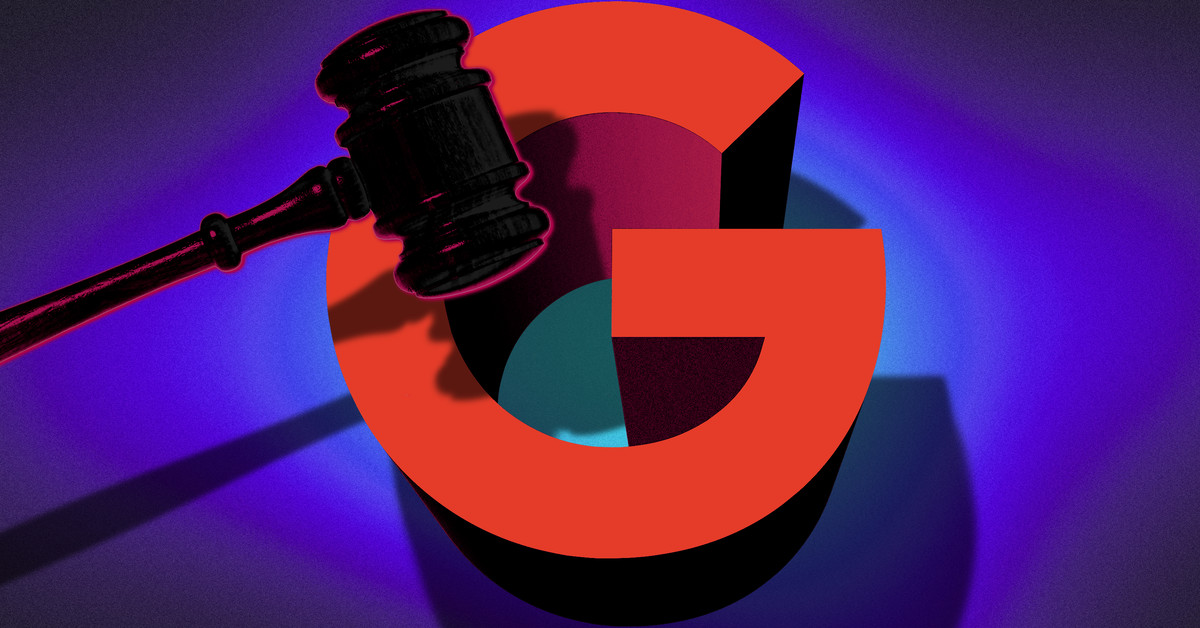A federal judge has ruled that Google has an illegal monopoly in the US. “The market reality is that Google is the only real choice” as the default search engine, Judge Amit Mehta said in his decision, and he determined it had gotten that way unfairly. It’s a ruling that could portend big changes for the company, but we yet don’t know how big, and we might not for years.
Mehta declared on Monday that Google was liable for violating antitrust laws, vindicating the Department of Justice and a coalition of states that sued the tech giant in 2020. The next step — deciding on remedies for its illegal conduct — begins next month. Both parties must submit a proposed schedule for remedy proceedings by September 4th and then appear at a status conference on September 6th.



It’s not really the number of companies that determines this, but rather the lack of any real competition. A small enough number of companies makes this more likely, so there’s not likely a hard number of say…over 5 companies isn’t an oligopoly, they can still be - so long as they’re all focused on each other. If you see 1 company raise it’s prices and all 4 others do too, then it’s still an oligopoly. Because even though they aren’t actively getting together, and saying “hey let’s all raise our prices!”, (collusion) - the effect is the same.
It ceases to be that when barriers to entry don’t stop new competition from entering, and competition is active. (at least, that’s the simplified answer; there’s some more nuance to it, but that should at least give an overall understanding)